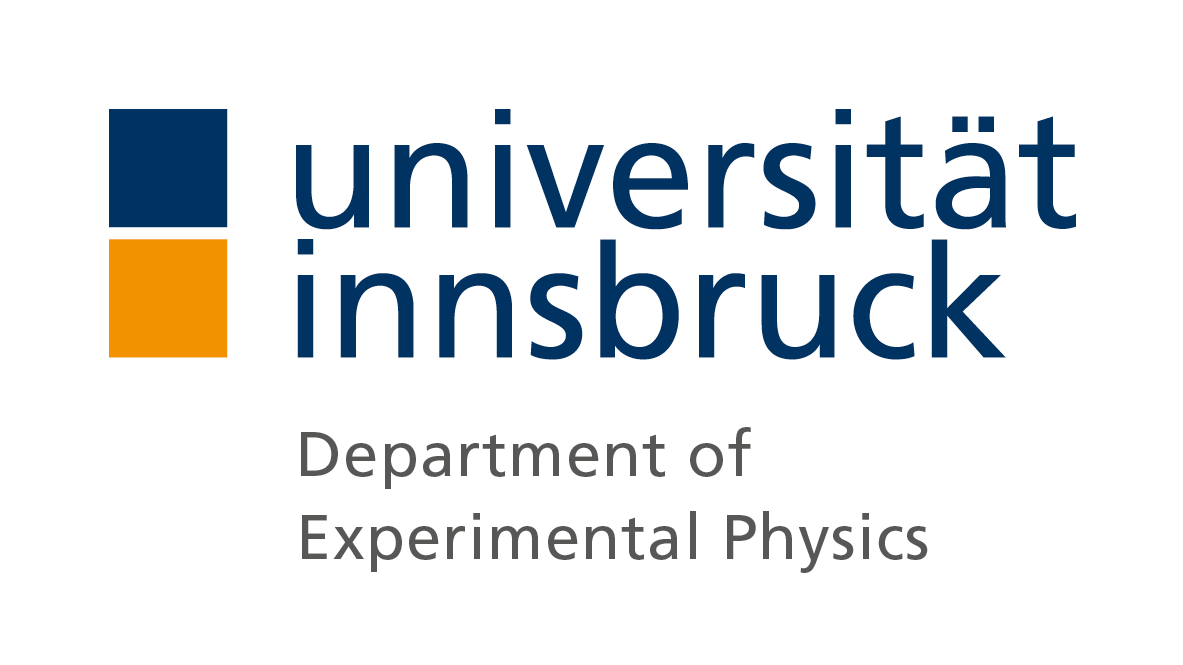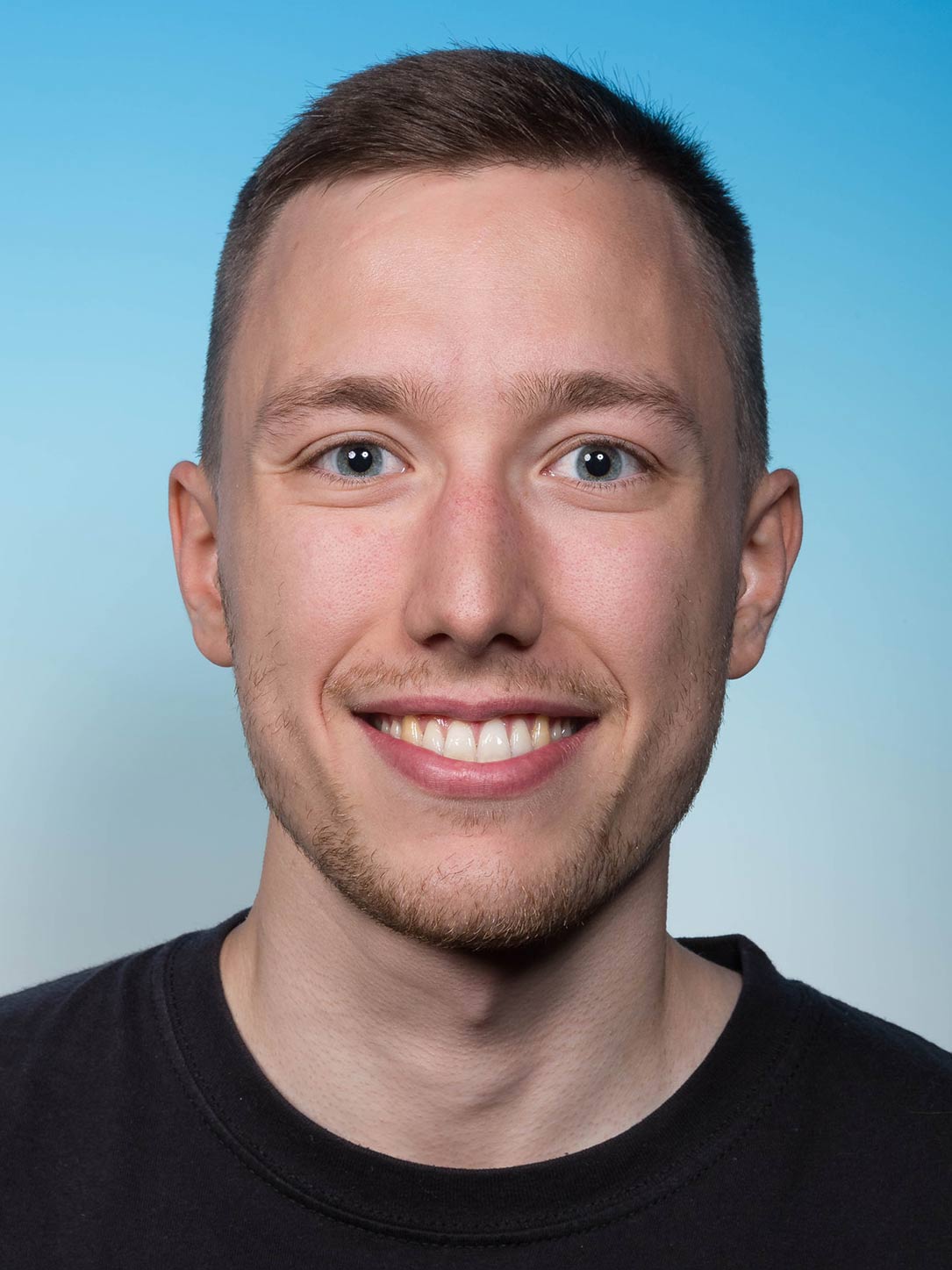
- Details
Welcome Thomas! Thomas joined the Barium team for his Master's project, where he will measure branching ratios in Barium of the decay of the 6P1/2 level in presence of a hemisperhical mirror.
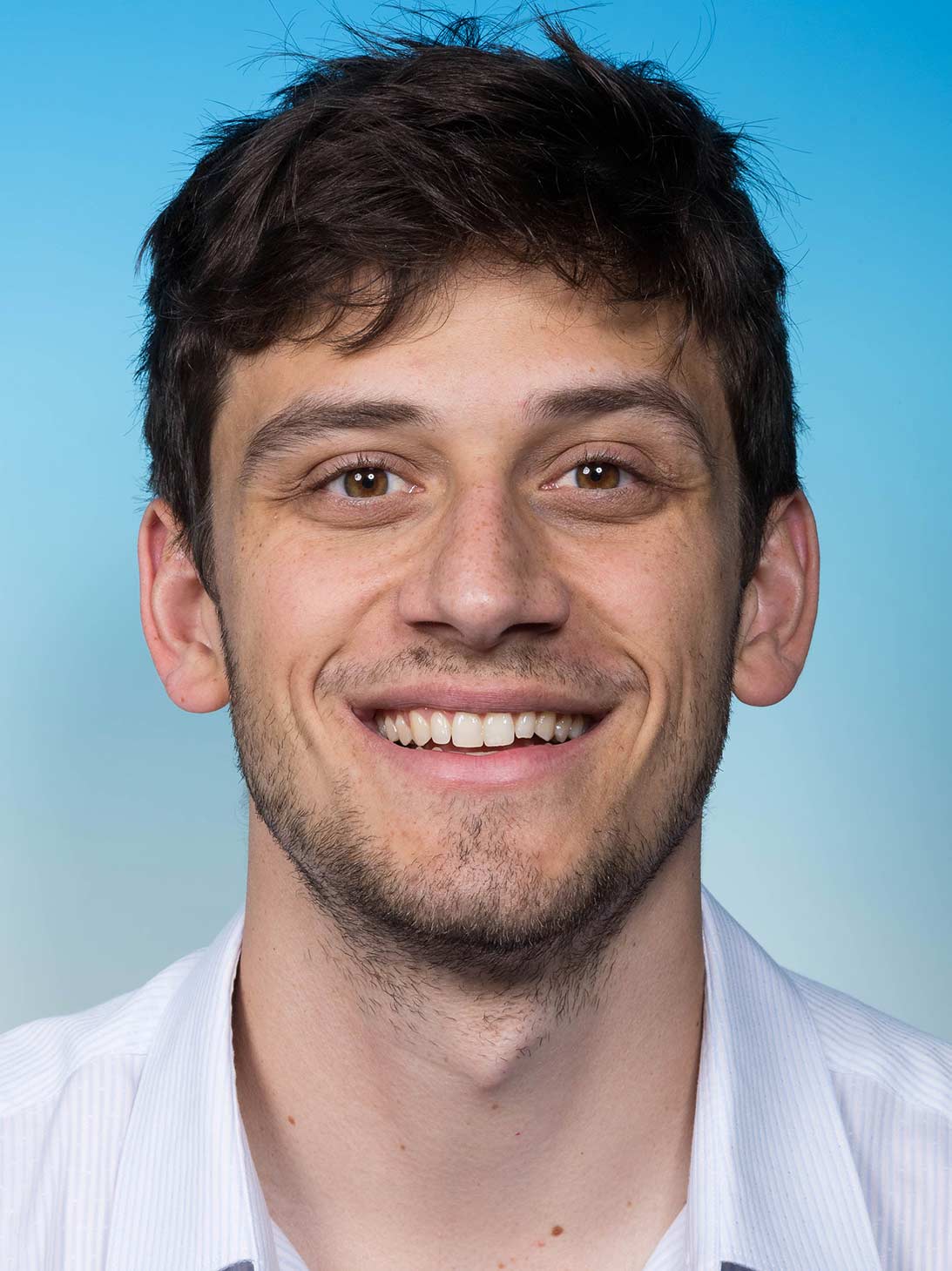
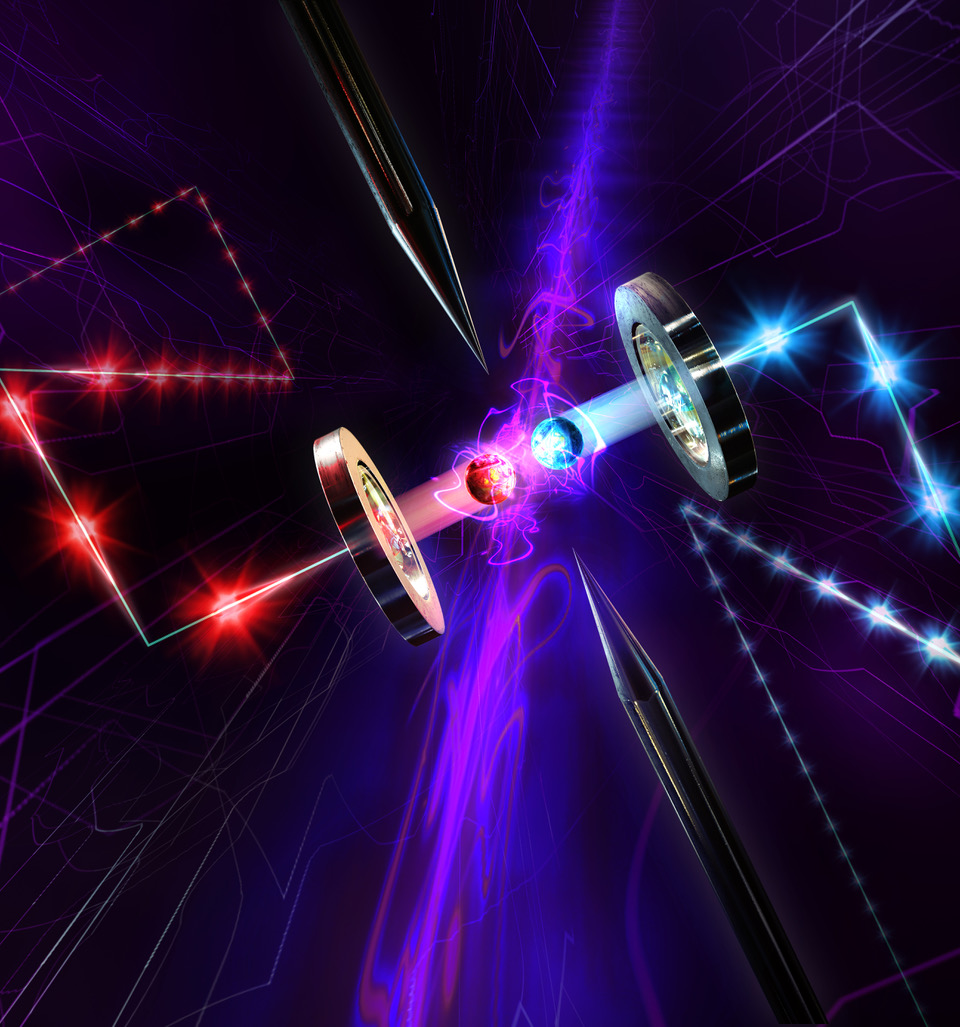
- Details
Twenty five years ago, theoretical physicists at the University of Innsbruck made the first proposal on how to transmit quantum information via quantum repeaters over long distances which would open the door to the construction of a worldwide quantum information network. Now, a new generation of Innsbruck researchers has built a quantum repeater node for the standard wavelength of telecommunication networks and transmitted quantum information over tens of kilometers.
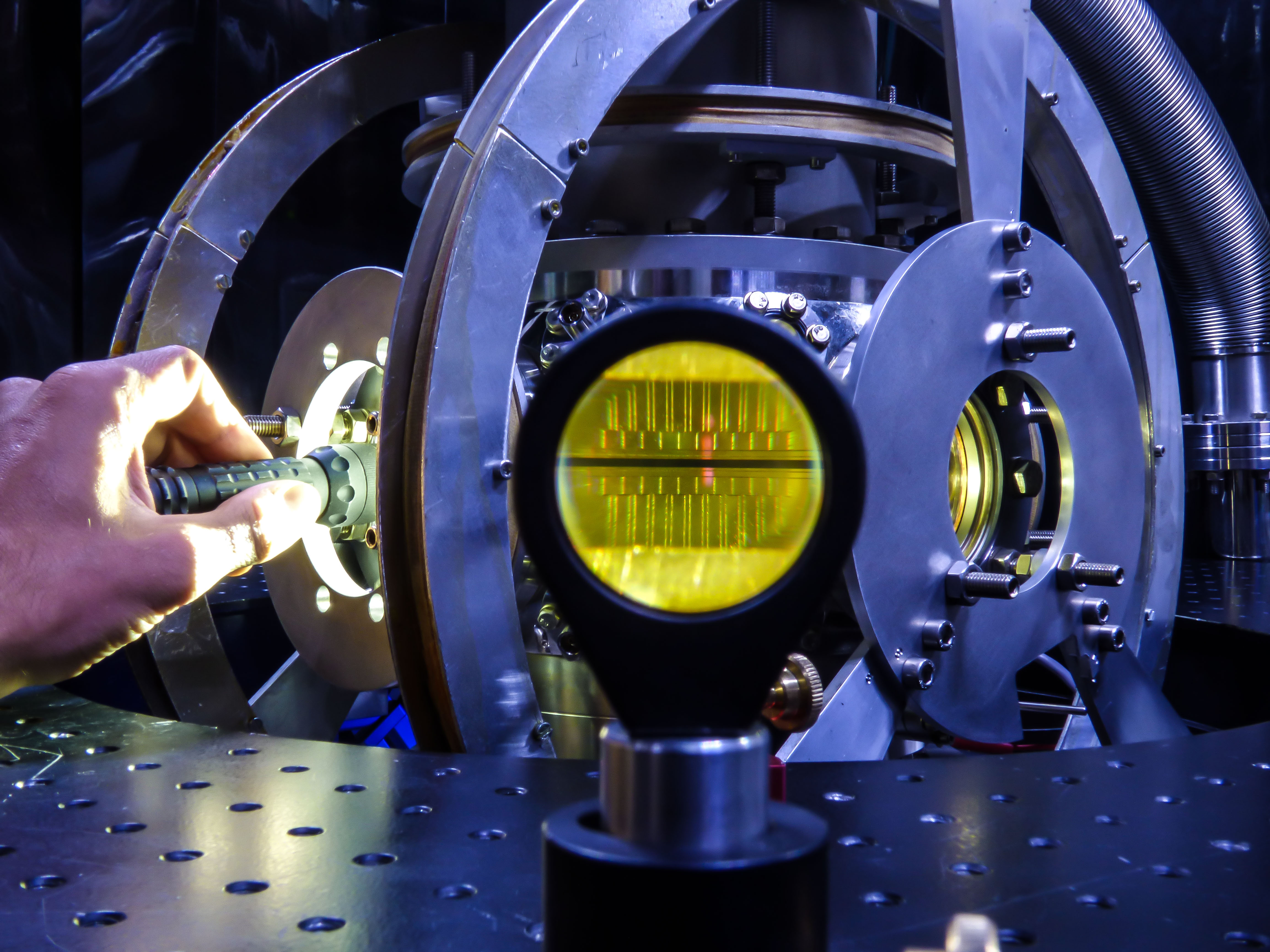
- Details
Recently quantum computers started to work with more than just the zeros and ones we know from classical computers. Now a team at the University of Innsbruck, Austria, demonstrates a way to efficiently create entanglement of such high-dimensional systems to enable more powerful calculations.
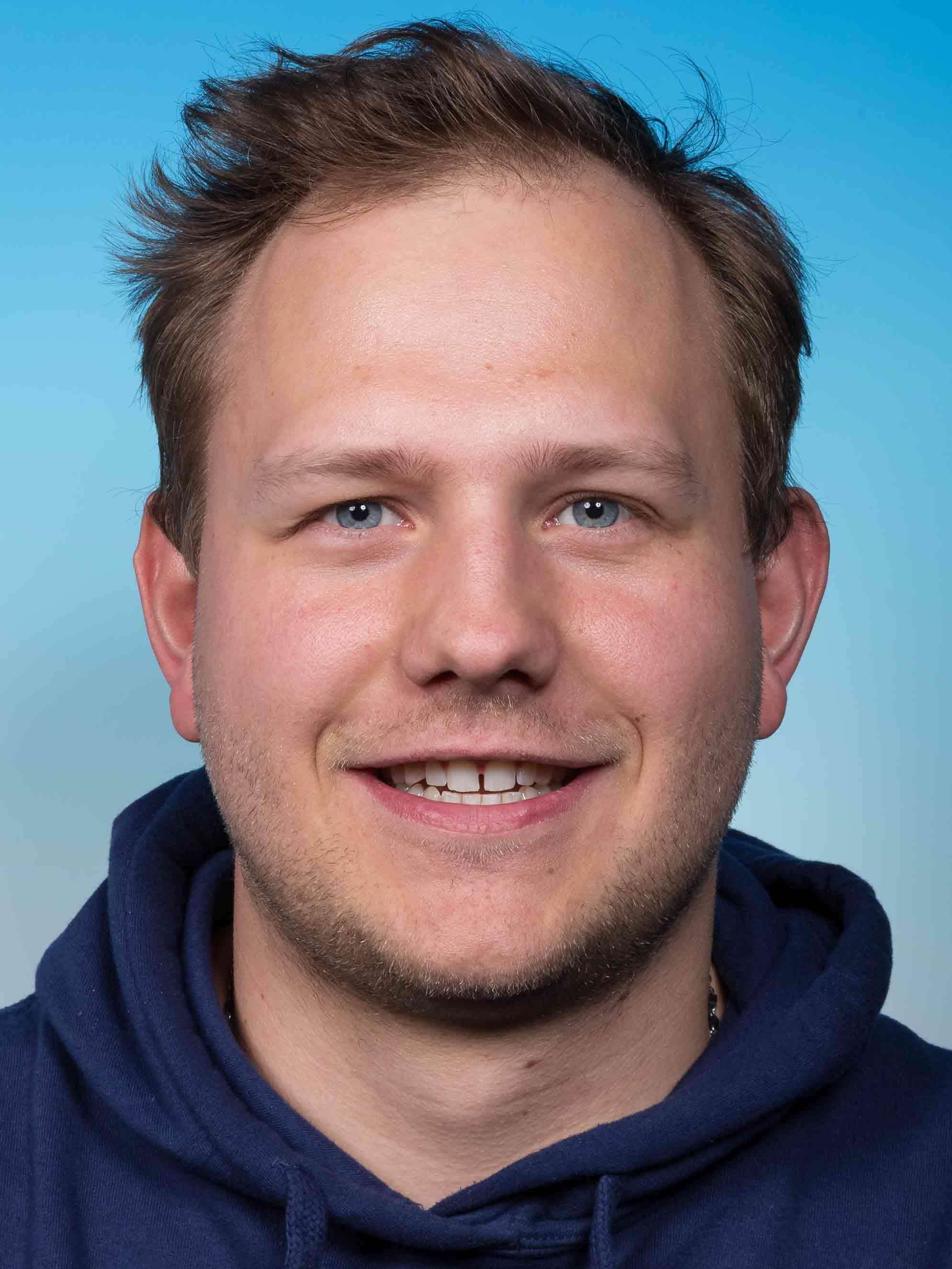
- Details
Congratulations, Alex!
Thesis Titled: Design, implementation, and characterization of a rack-mountable laser system for the optical control of trapped Calcium 40 ions
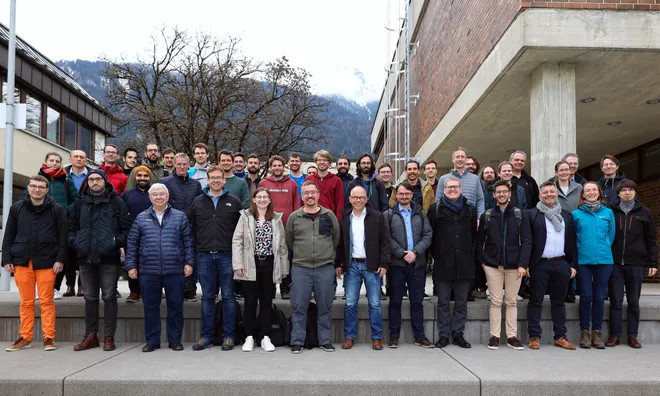
- Details
The Millenion project focuses on modular scalability and accessibility aspects of trapped-ion quantum computers, tackling the transition from current laboratory-based experiments to industry-grade quantum computing technologies. 14 academic and industrial leaders across Europe are joining forces to deliver a modular and scalable quantum computing suite with high performance cluster integration and a fault-tolerant register of up to 1000 qubits.
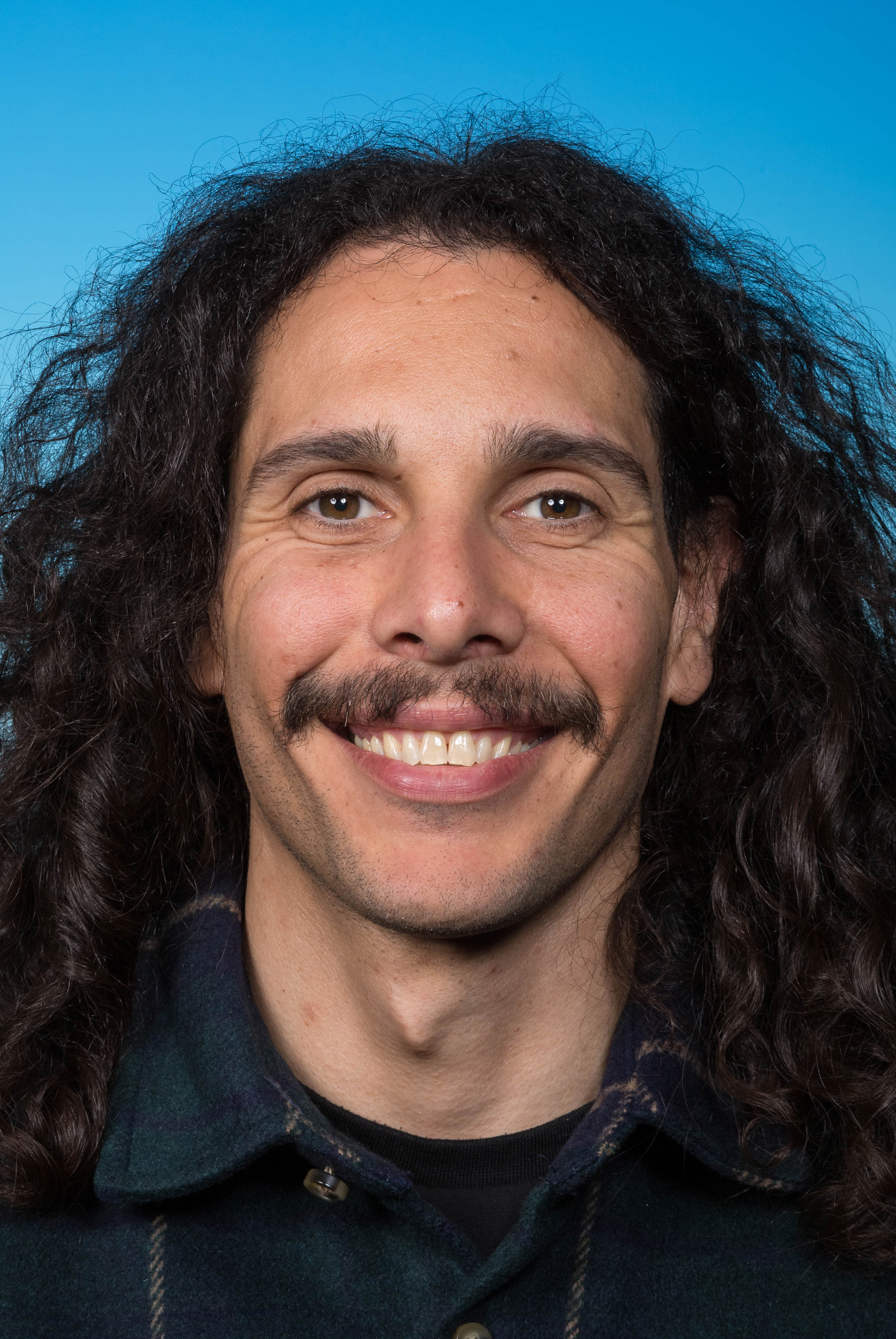
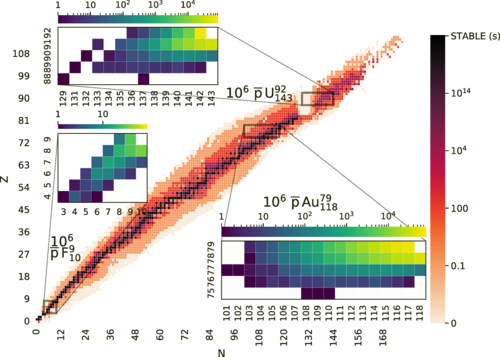
- Details
The study of radioisotopes in charged particle traps is a very active field in nuclear physics research. To date, capturing the radioisotopes after synthesis involves a series of production and separation stages that limit the types and lives of species that may be studied. We propose to produce radionuclides directly in the trapping environment as highly charged ions by annihilating atoms with antiprotons.
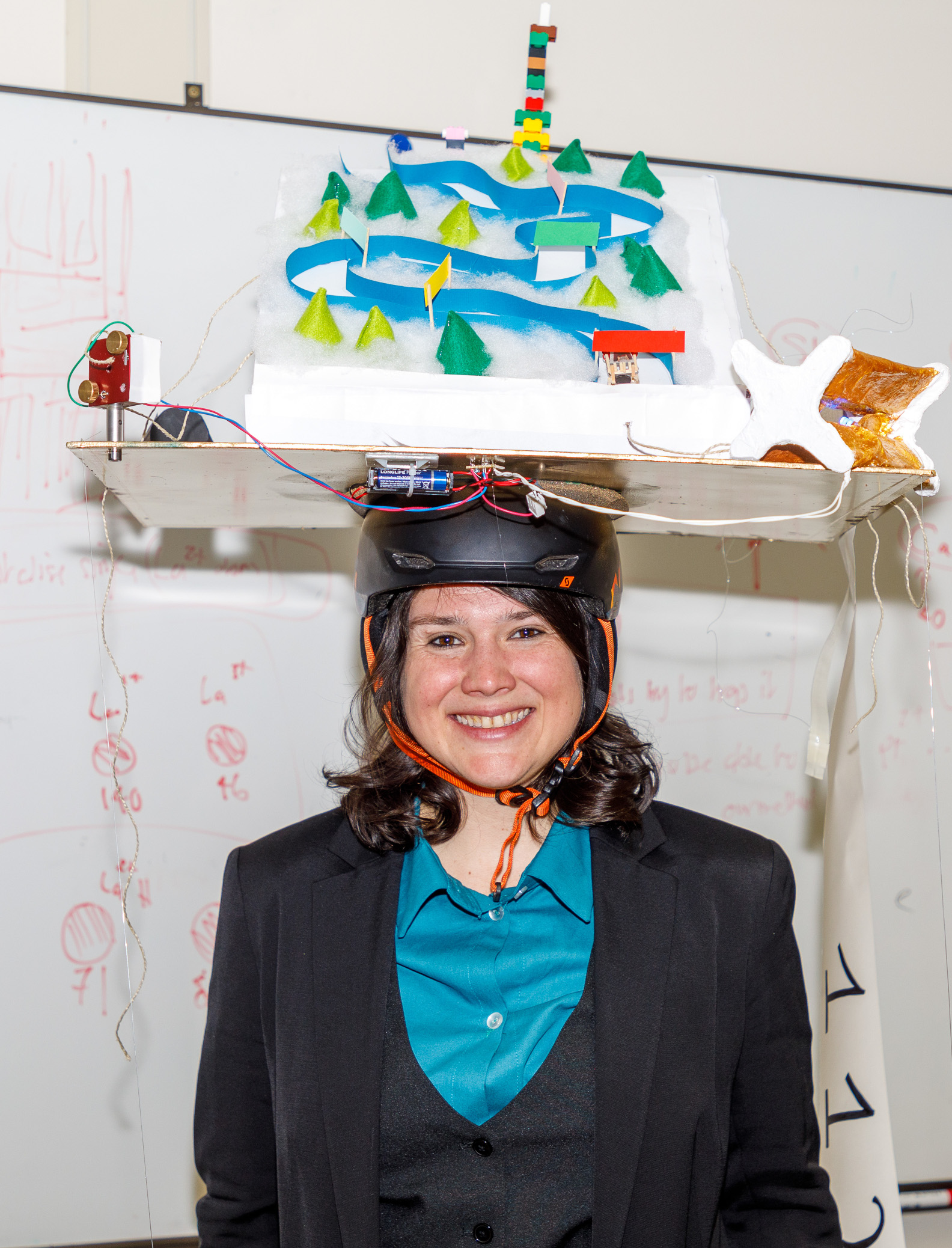
- Details
Congratulations, Milena!
Thesis Title: Optical clocks with trapped ions
